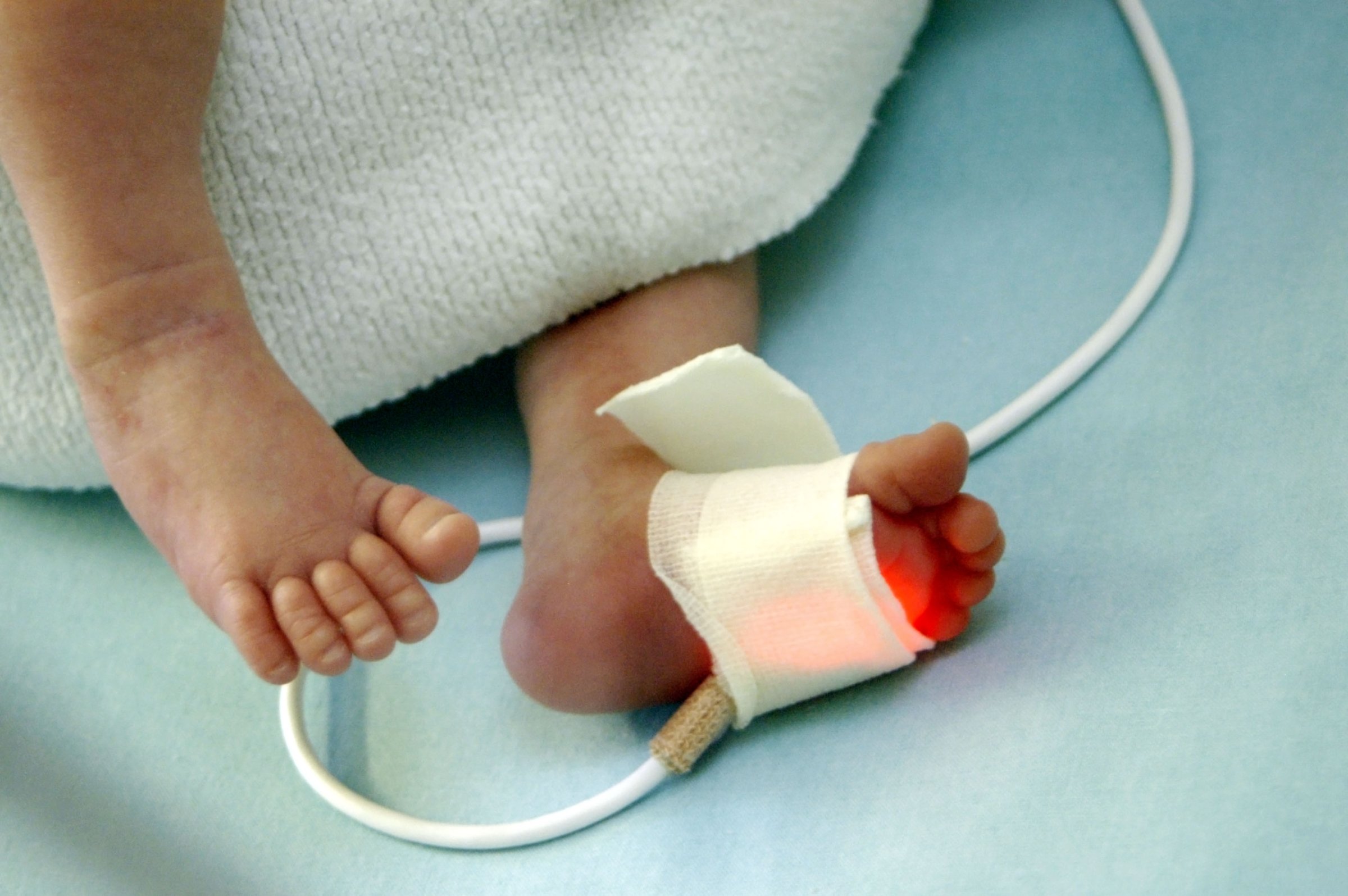
Thanks to innovative technologies, babies born extremely premature have a much higher likelihood of survival now than in the past. However, they can be at a much greater risk for medical problems, and a new study suggests that being born too early can mean developmental problems later on.
For her PhD thesis, researcher and Lund University psychologist Johanna Månsson assessed around 400 extremely premature babies (born week 28 or earlier) and about 400 control babies that were born at full term. When the infants reached age 2.5, they underwent psychological tests, and Månsson discovered that the babies born prematurely had significantly worse scores for language comprehension, speech, motor skills and cognition. The premature babies were also more likely to have behavioral issues, and boys were overall more delayed than the girls.
Though there were distinct disparities between the children’s development, the premature infants still fell into score ranges that were classified as normal.
“Our findings encourage behavioral assessments during preschool years and emphasize the importance of considering multifactorial pathways of prediction when examining prematurity outcome,” Månsson writes in her report.
Månsson says the findings indicate that early interventions may be needed to ensure that extremely premature babies catch up developmentally.
More Must-Reads from TIME
- Donald Trump Is TIME's 2024 Person of the Year
- Why We Chose Trump as Person of the Year
- Is Intermittent Fasting Good or Bad for You?
- The 100 Must-Read Books of 2024
- The 20 Best Christmas TV Episodes
- Column: If Optimism Feels Ridiculous Now, Try Hope
- The Future of Climate Action Is Trade Policy
- Merle Bombardieri Is Helping People Make the Baby Decision
Contact us at letters@time.com